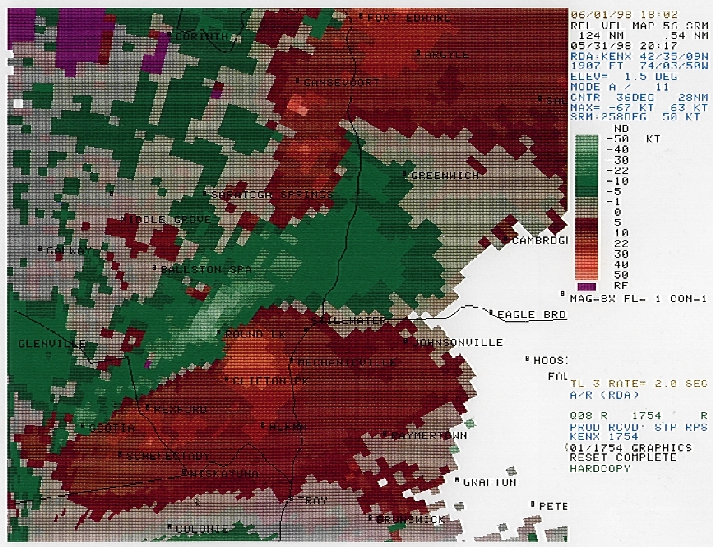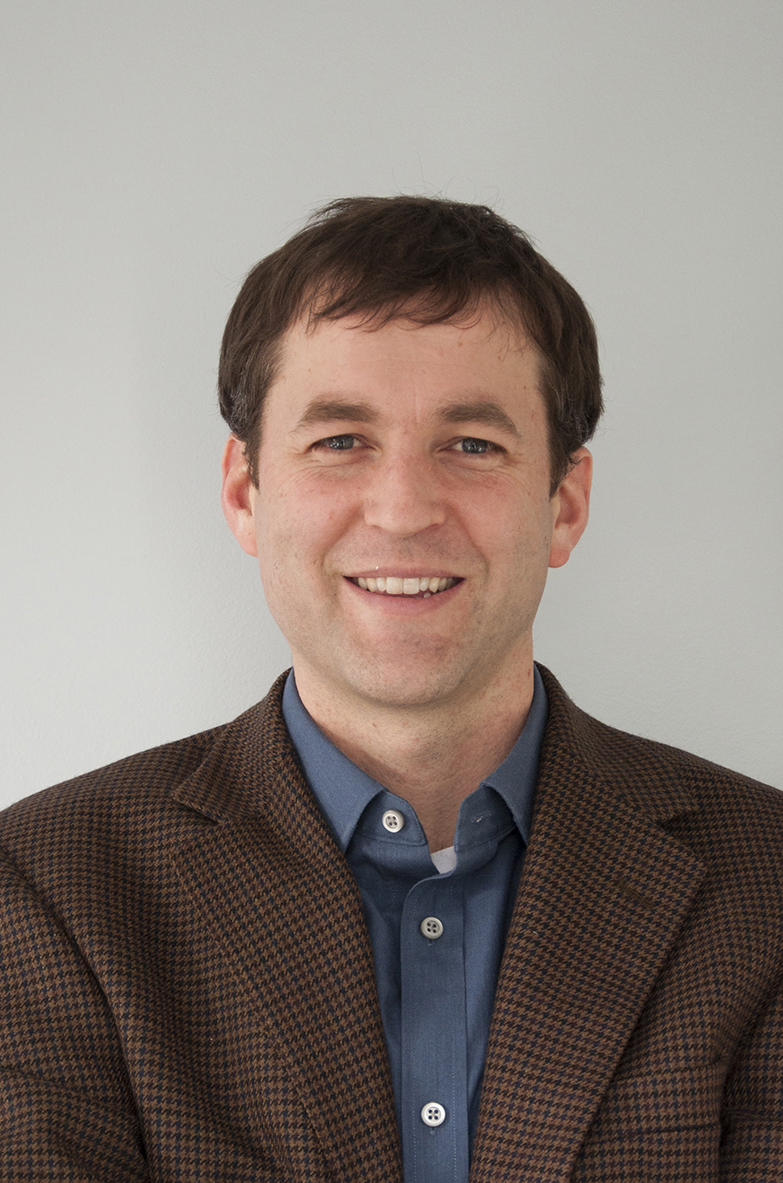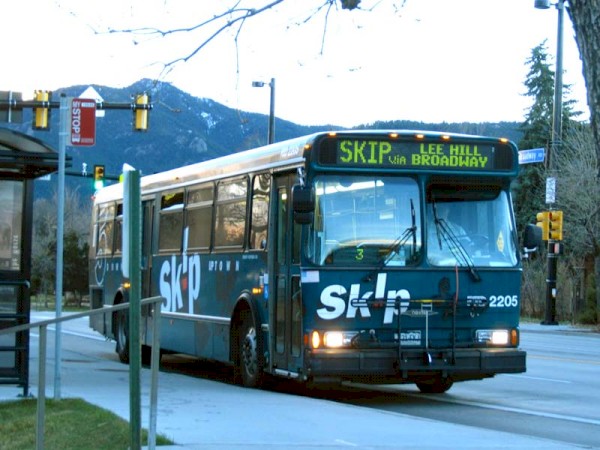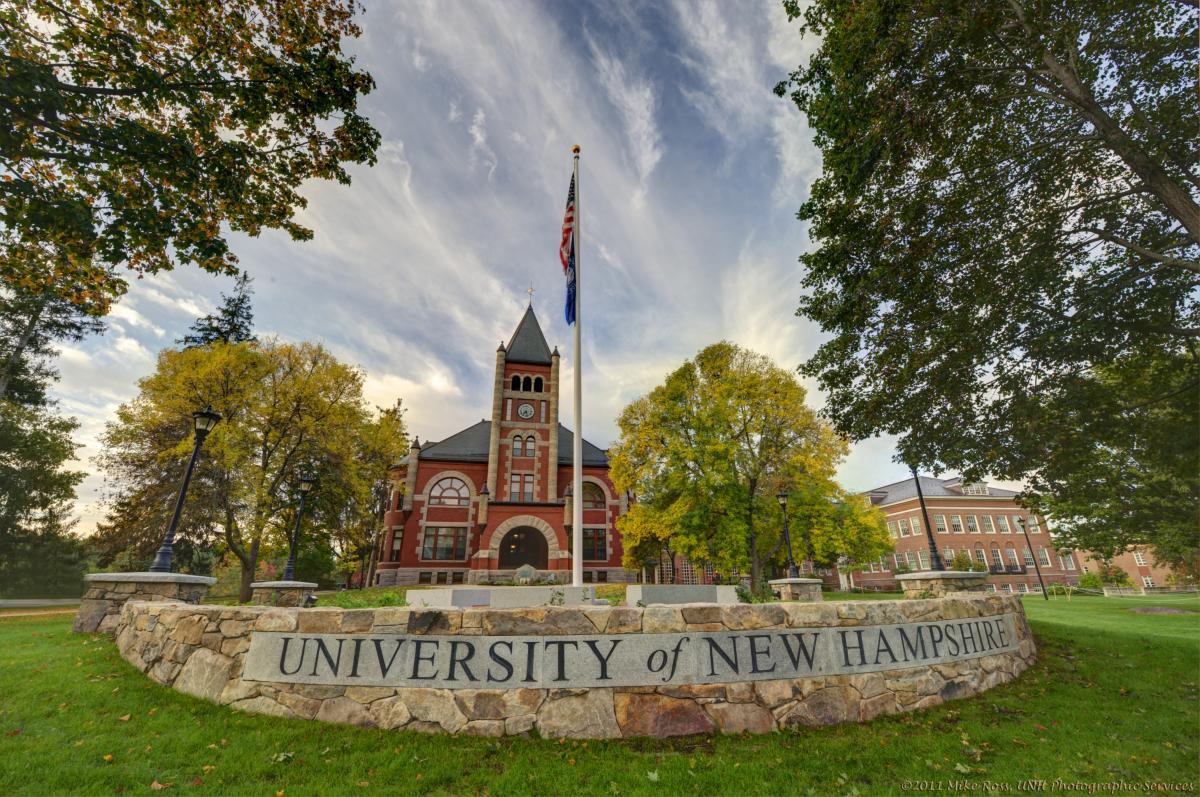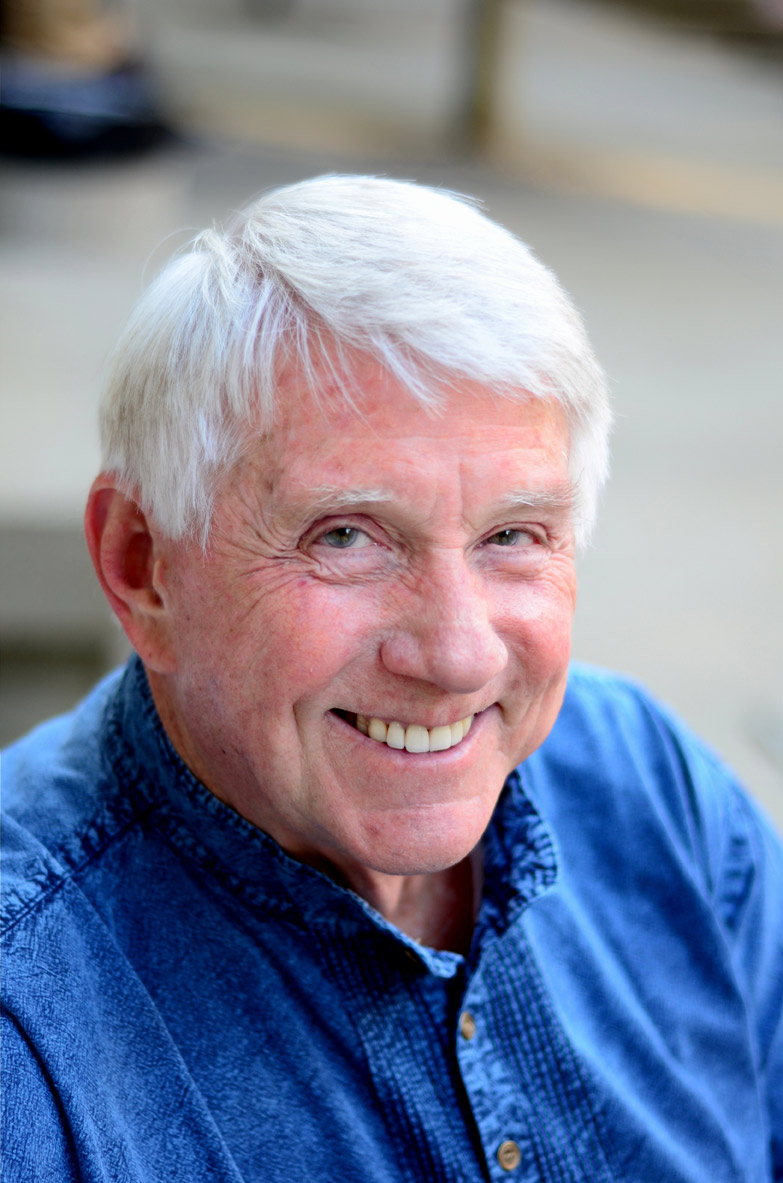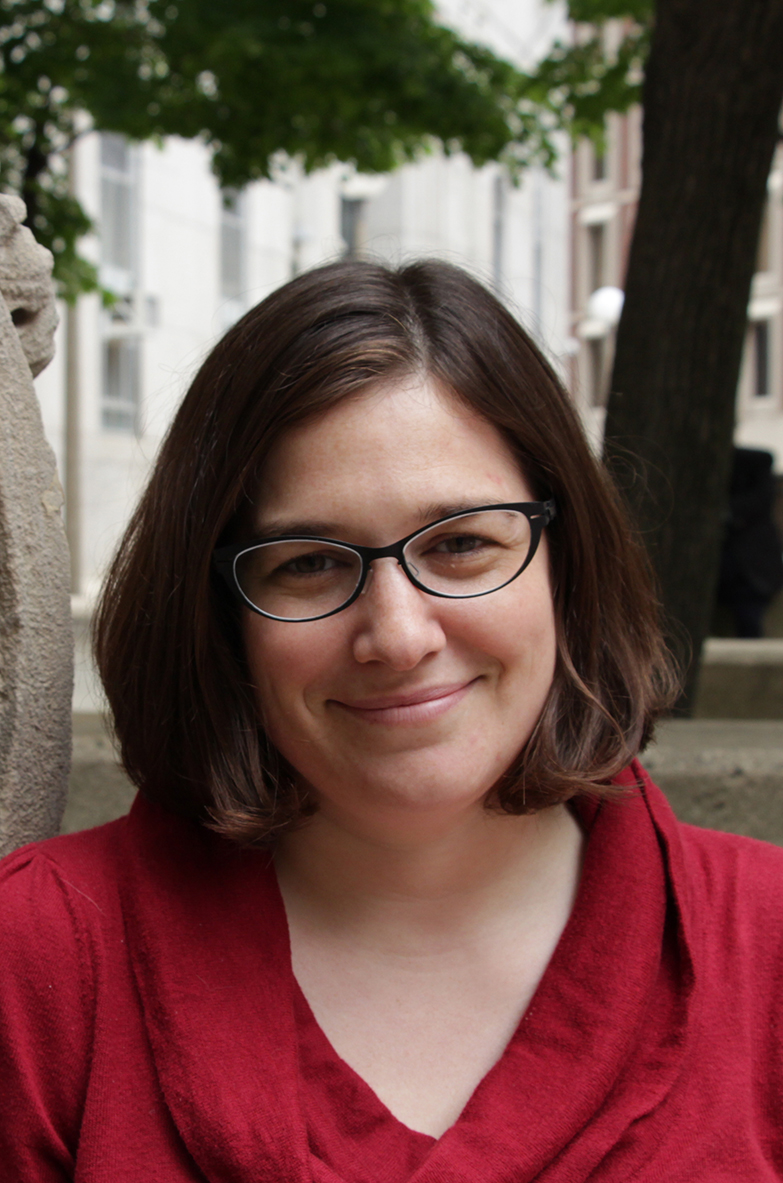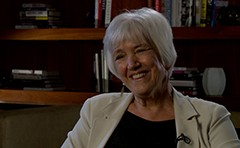 Starting in January 2015, Second Nature will be rolling out a new video series titled Sustainability Sit-Downs. The series, which consists of twelve interviews, features sustainability leaders from higher education, as well as non-profit and private sector organizations that work closely with colleges and universities.
Starting in January 2015, Second Nature will be rolling out a new video series titled Sustainability Sit-Downs. The series, which consists of twelve interviews, features sustainability leaders from higher education, as well as non-profit and private sector organizations that work closely with colleges and universities.
Interviewees sat down with Second Nature during the 2014 Climate Leadership Summit, hosted from October 1-3, 2014 in downtown Boston, MA. Participants shared their thoughts and experiences regarding topics such as:
- Higher Education’s role in creating a sustainable society, and the biggest sustainability challenges it faces
- Sustainability progress in the field
- The arc of their own careers and involvement in the field
- Future hopes and advice for students
Videos will be released once per week starting January 21, and will be available on Second Nature’s YouTube Channel.
Thank you to all of the people who gave their time to sit down with us and talk sustainability. Below, in alphabetical order, are our featured speakers:
Read more
